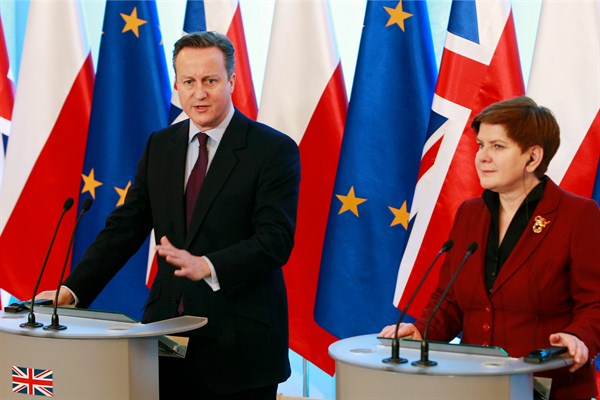BELGRADE, Serbia—The perceived threat of millions of immigrants from the western Balkans and Turkey, and the status of citizens from Central Europe living in the United Kingdom, have become touchstone issues in the British referendum on whether or not to stay in the EU. But little attention has been paid the other way, to the impact of a potential Brexit on Central and Eastern Europe, a region extending from Poland, the union’s sixth-most-populous member, to Kosovo, which has its own distant aspirations of membership.
As polling in the U.K. has showed more support for the “leave” vote, discomfort has grown in Central and Eastern Europe, both from Britain’s Euroskeptic allies already within the EU and nonmembers that have long enjoyed London’s support. In the western Balkans, concerns that Brexit could lead to the unwinding of the EU and with it the loss of a key backer of the region’s peace and development looms large. But some Euroskeptics see a “leave” vote as the potential starting point for reshaping the EU along more practical, and more geographically extensive, lines.
“The Brexit debate has been dominated by the economic argument, but I believe we shouldn’t ignore the potential security ramifications for Southeastern Europe,” says Ramadan Ilazi, Kosovo’s deputy minister for European integration. “Brexit would be bad news for the entire progress achieved in the region, and the reversal could lead to effects such as the detrition of regional cooperation, a return to nationalism, and the reappearance of ethnic disputes.”

